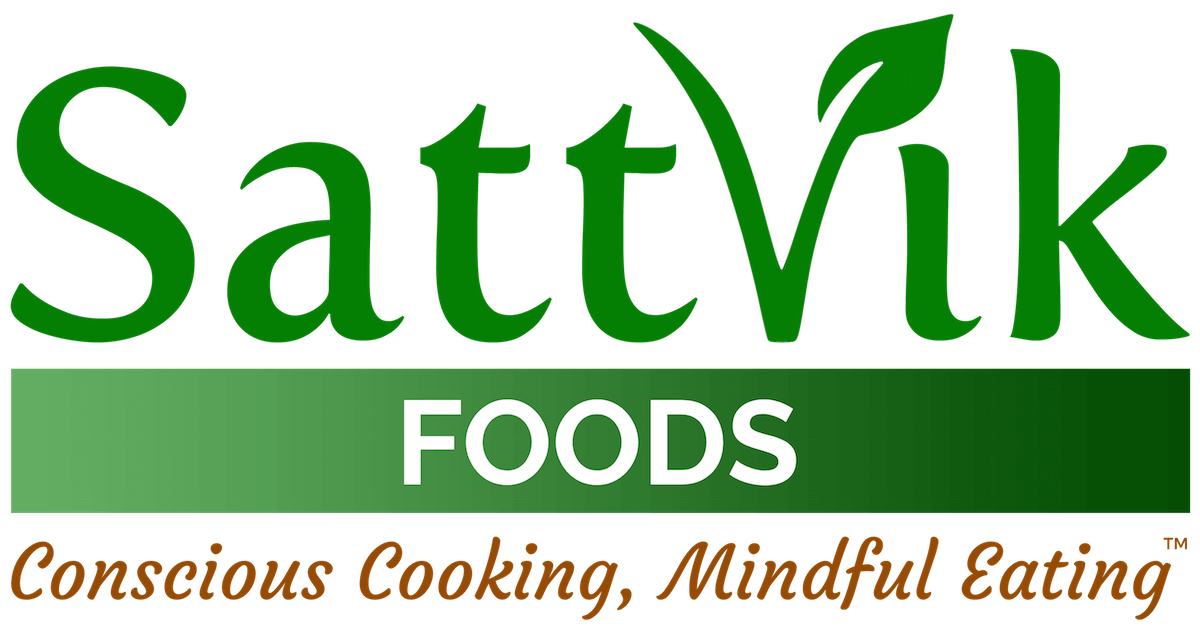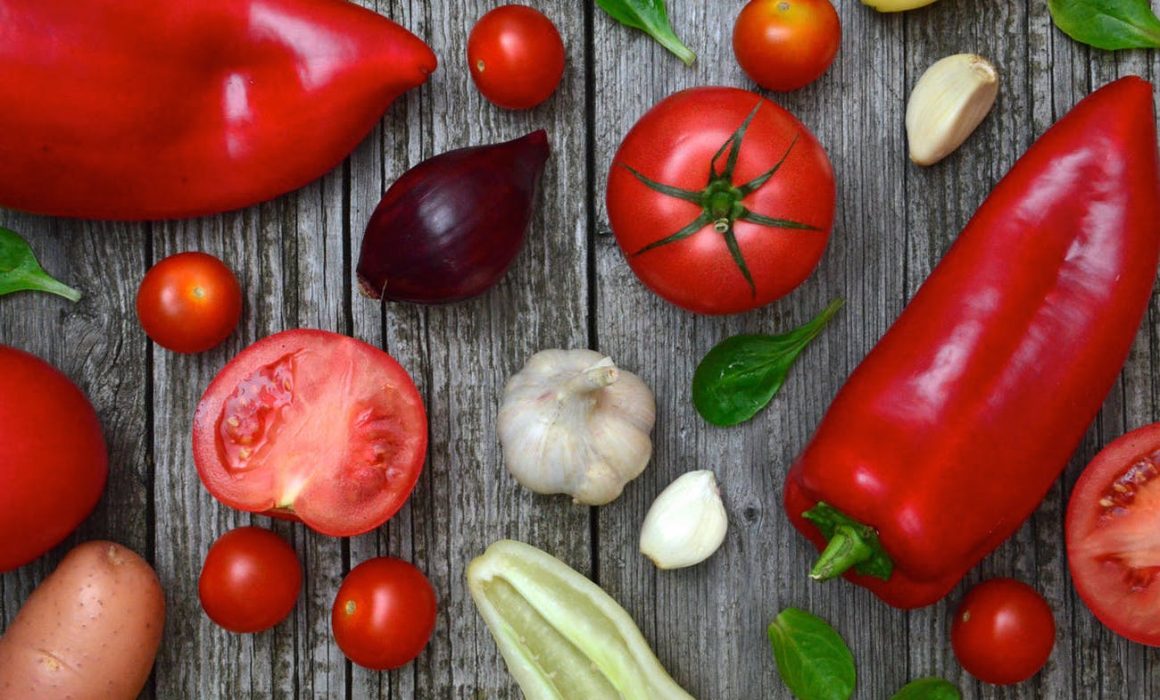Importance of Food Hygiene during COVID
We are undergoing a bizarre situation globally. The Coronavirus has already transformed our way of interaction and food production. The possibility of food borne transmission is a concern with each new growing infection. According to the present evidence, the Coronavirus appears to spread as human to human transmission, through close contacts, respiratory droplets, or indirectly through contaminated surfaces that comprise viruses and there is no report of Coronavirus pandemic has been associated with the transmission through food. In the case of Coronavirus, the prime risk engaged in human to human transmission amid food management is from close contact with consumers or food handlers. Thereby, food hygiene during the COVID-19 pandemic is necessitous.
Why Is Food Hygiene Necessitous During COVID-19 Pandemic?
Proper disinfection and cleaning of the food managing environment are more necessitous than ever. Every food processor must apply GMP (Good Manufacturing Practices) and GHP (Good Hygiene Practices) as suggested by FSSAI to make sure food hygiene and safety in food establishments. Compliance and application to these food hygiene and safety measures can be strengthened by getting Environmental monitoring programs that are basic trends to make sure food hygiene and safety.
There is growing identification that the environments of food processing facilities and other built environments utilized in food making and deployment can be vital sources of chemical pounds, biological agents, and physical dangers that may badly impact food quality and safety.
The spread of Coronavirus has affected the wellbeing, health, livelihoods, and nutrition of the globe and will have long-lasting impacts on people. Nutrition is the strength of human health and growth. The economic, environmental, and nutritional effects are the prime concern of transforming client choices in food safety.
There is also a growing awareness of the connections between dietary options and food demand, worldwide food safety, and environmental results like climate change and water use. There is a requirement of understanding how customer choices for food and drinks are changing and what the associations are for the future. Unhygienic food can lead to poor nutrition. Thereby, manufacturing hygienic and safe food is necessitous to make sure good nutrition.
The food industry’s safety guidelines and standards are emerging and are getting upgraded for matching the global food security standards. In this present Coronavirus pandemic, it’s vital to boost the microbiology testing of the ambiance, personnel hands, and food processing surfaces, to make sure secure food processing ambiance. Environmental sampling activities and environmental monitoring programs can meet many purposes like the authentication of cleaning efficacy and identifying the existence of pathogenic organisms or spoilage in the environment.
Sometimes, environmental monitoring programs in practice include many tests – from indicator organisms and ATP to allergens, spoilage organisms, and pathogens – conducted on different samples gathered across a facility at different time points and with changing frequencies. Basic programs like Environmental hygiene monitoring and pathogen environmental monitoring should be encouraged across the global food industry. Global food standards should concentrate on microbiological techniques alongside chemical techniques. Traditional microbiology testing takes more time for outcomes thereby it’s time for rapid methods to maintain food hygiene during COVID–19 for better food safety.








